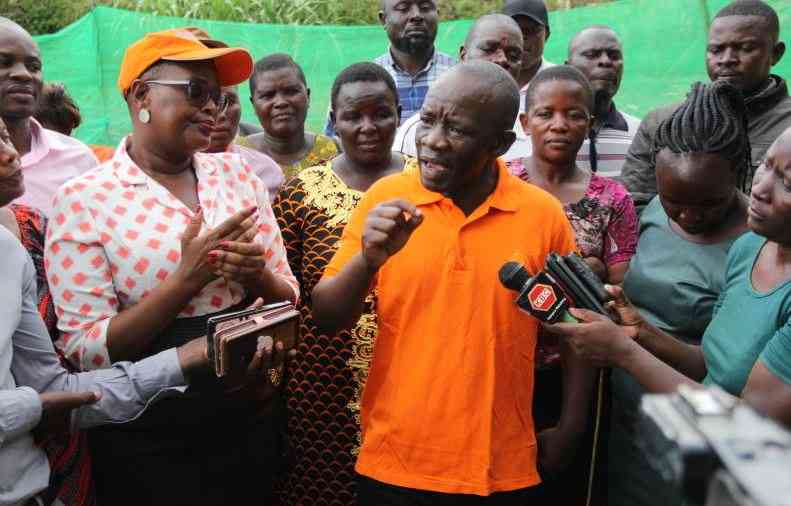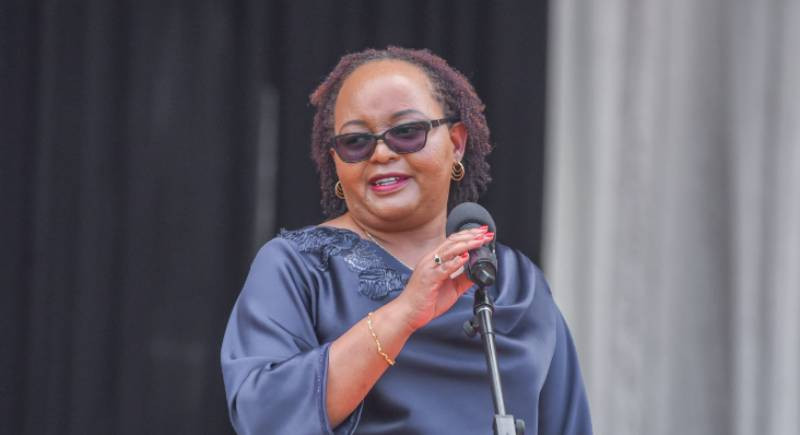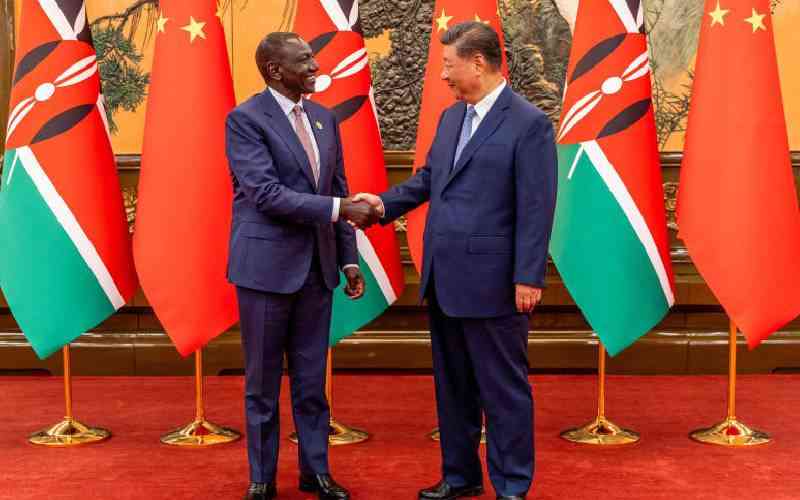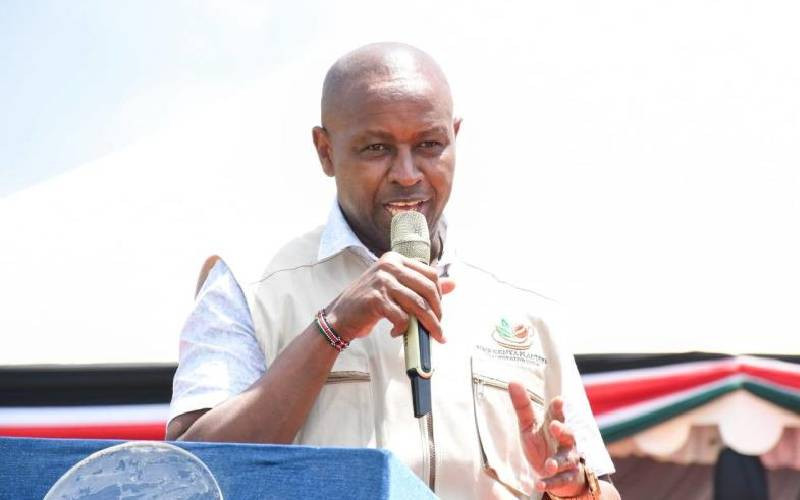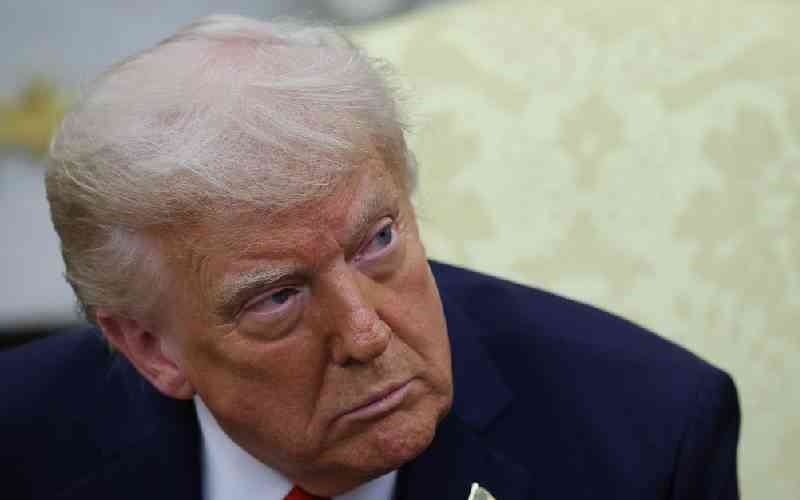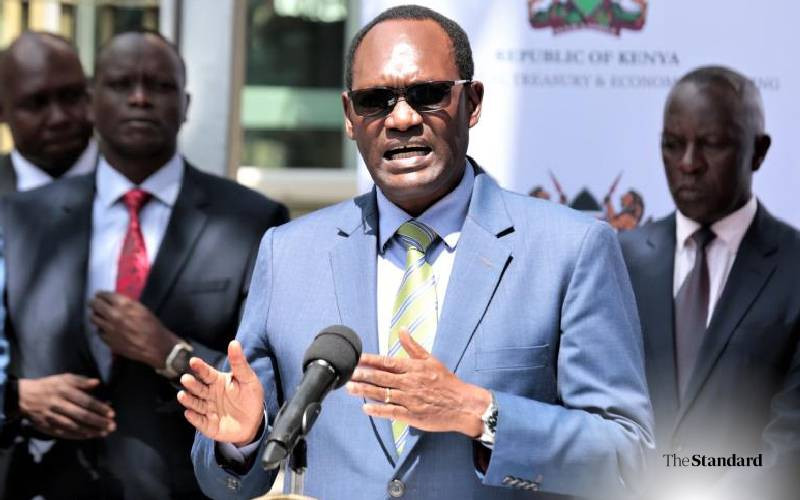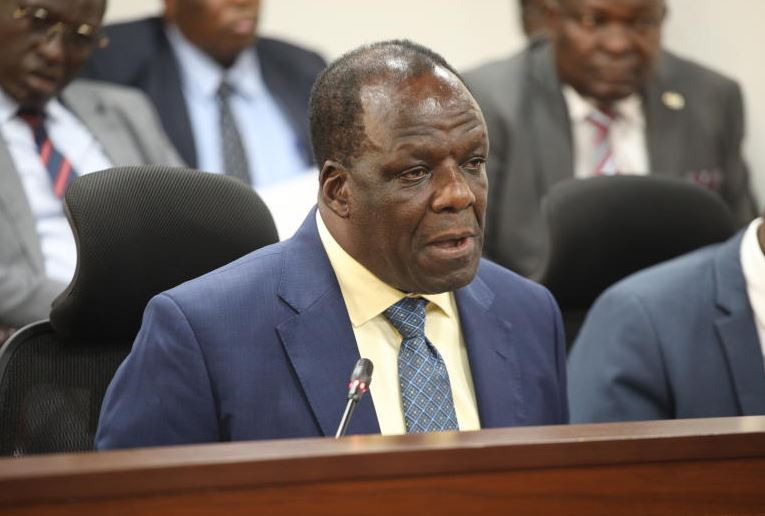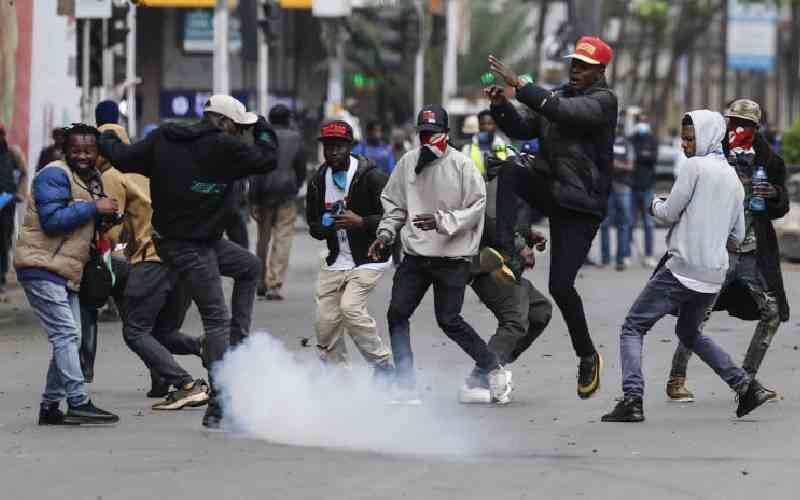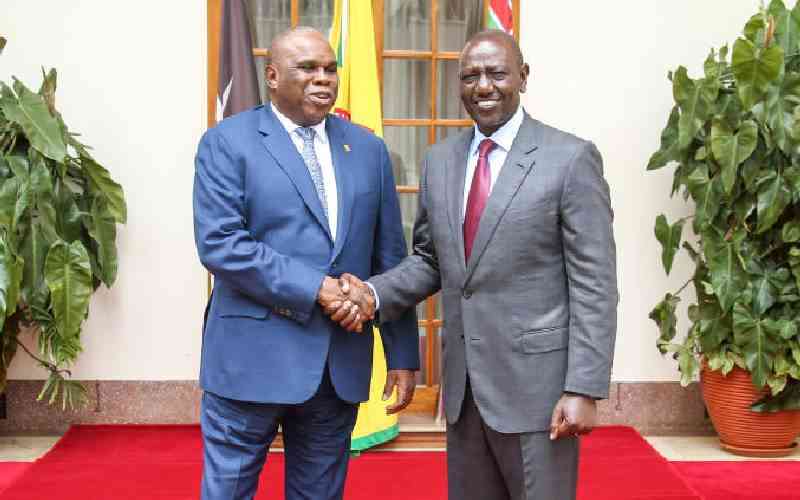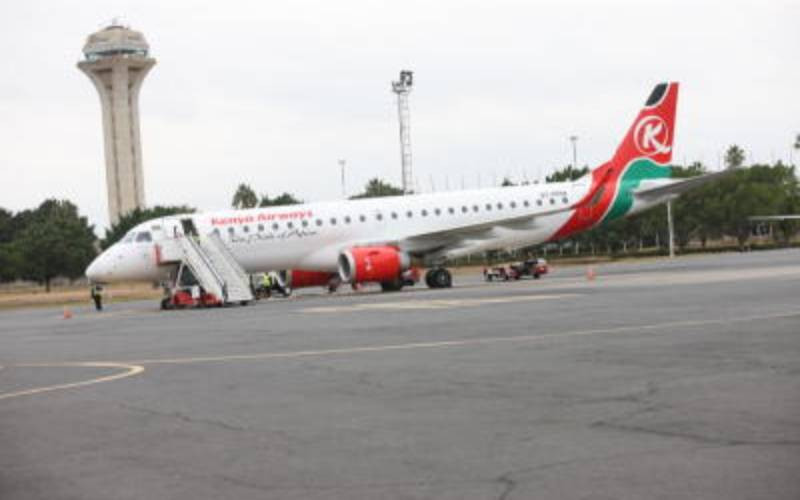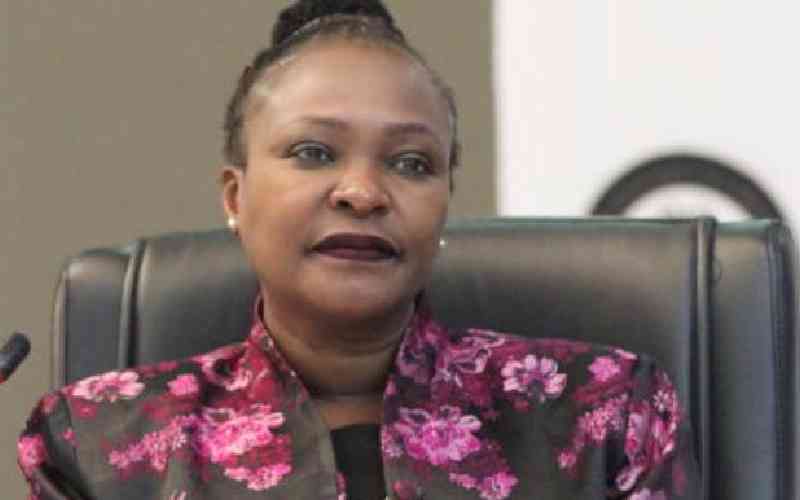
On Thursday, mediators from across the world congregated in Nairobi, for the Africa Mediation Symposium, themed “Mediation Discourse Advancing Practices in the African Landscape.” During the meeting key topics discussed included the mediation practice across the globe such as comparisons between the practice of Court annexed mediation in Kenya and Rwanda, driving transparency and competency standards in mediation, and how to establish and develop private mediation.
Questions such as, do mediators really practice differently around the world targeting an exploration of mediation concepts, styles, and strategies were discussed and how much preparation is necessary for a mediator and the lessons we can learn from mediations that do not settle. Significantly, mediators shared experiences on how they practice mediation in their regions and explored all types of mediation such as court-annexed, private, community mediation and shared jurisprudence from those with more established practices of mediation.
This meeting explored how we can advance the practice of mediation in Kenya by enhancing mediation practice as a stand-alone profession with its legislation akin to the Mediation Bill introduced in 2020 and withdrawn in 2022.
Mediation, unlike her cousin arbitration, is less famed with arbitration having more legal and institutional frameworks in Kenya. Arbitration agreements, always in writing, according to Section 4 of the Arbitration Act can either be in the form of a clause in a contract or a commercial transaction or as a separate stand-alone agreement. Arbitration is more common and arbitrators operate more like “private judges” whose decisions are rarely challenged in court.
The Arbitration Act, 2012 and its Regulations govern the practice of arbitration. Arbitration has a symbiotic relationship with legal practice making advocates, lawyers, retired judges and law firms its primary practitioners.
Mediation is a confidential, cost-effective, and less formal way to resolve a dispute without going to court or as referred by the court through court-annexed mediation. It involves a neutral third party, called a mediator, who helps the parties in a dispute to negotiate a mutually acceptable resolution that is reduced into writing and signed by all the parties thus becoming binding. The mediator plays the role of a neutral third party “dialogue facilitator” while an arbitrator is like a “private judge” who hears and determines a dispute based on the party’s/advocates arguments and evidence and renders a final unappealable decision.
Mediation allows parties to own the process of negotiating and finding a solution to their disputes themselves having more control over the outcome of their dispute and the settlement. Mediation fosters a win-win situation helping parties to restore fractured relationships in an environment that allows them to express themselves and negotiate more freely. The mediator guides the parties to establish trust, own the process and to negotiate their own solutions in an atmosphere of cooperation and compromise with an option to go to court if they do not reach a settlement or if they reach a partial settlement. Mediation practice is acquiring more credence as the preferred dispute resolution mechanism in Africa because it is less formal, faster, cheaper, simpler and sustainable where parties have more control over the outcome of their dispute and enjoy a level of equal say in the process. There is no determination of fault, the parties reach a mutually agreeable resolution to their conflict and it helps them to preserve working relationships in ways that would not be possible in a win/lose decision-making procedure.
Parties are generally more satisfied with solutions that they create not those imposed on them by a third party like an arbitrator or court. Mediated agreements help resolve procedural and interpersonal issues that are not necessarily susceptible to legal determination. The parties can tailor their settlement to their particular situation and attend to the fine details of implementation, and after a mediation resolution, subsequent disputes between the parties more likely return to mediation because it is more collaborative and not an adversarial approach. Mediation is confidential and helps parties not to wash “dirty linen” in public.
 The Standard Group Plc is a
multi-media organization with investments in media platforms spanning newspaper
print operations, television, radio broadcasting, digital and online services. The
Standard Group is recognized as a leading multi-media house in Kenya with a key
influence in matters of national and international interest.
The Standard Group Plc is a
multi-media organization with investments in media platforms spanning newspaper
print operations, television, radio broadcasting, digital and online services. The
Standard Group is recognized as a leading multi-media house in Kenya with a key
influence in matters of national and international interest.
 The Standard Group Plc is a
multi-media organization with investments in media platforms spanning newspaper
print operations, television, radio broadcasting, digital and online services. The
Standard Group is recognized as a leading multi-media house in Kenya with a key
influence in matters of national and international interest.
The Standard Group Plc is a
multi-media organization with investments in media platforms spanning newspaper
print operations, television, radio broadcasting, digital and online services. The
Standard Group is recognized as a leading multi-media house in Kenya with a key
influence in matters of national and international interest.



